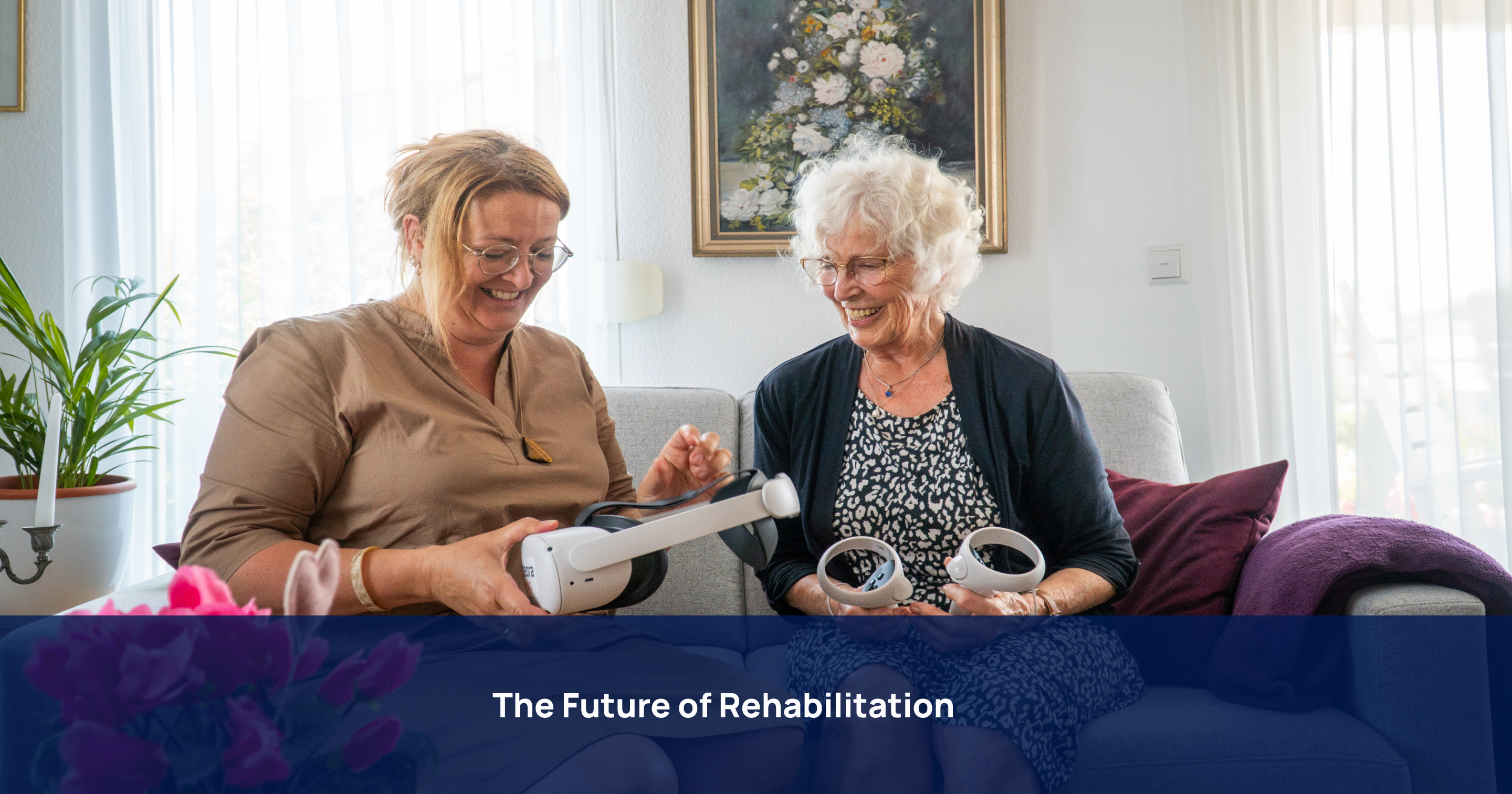
Our vision: access to effective therapy for everyone who needs it
We believe that everyone has a right to a promising therapy, at the place and time it is needed. We have developed our teora products based on this fundamental conviction.
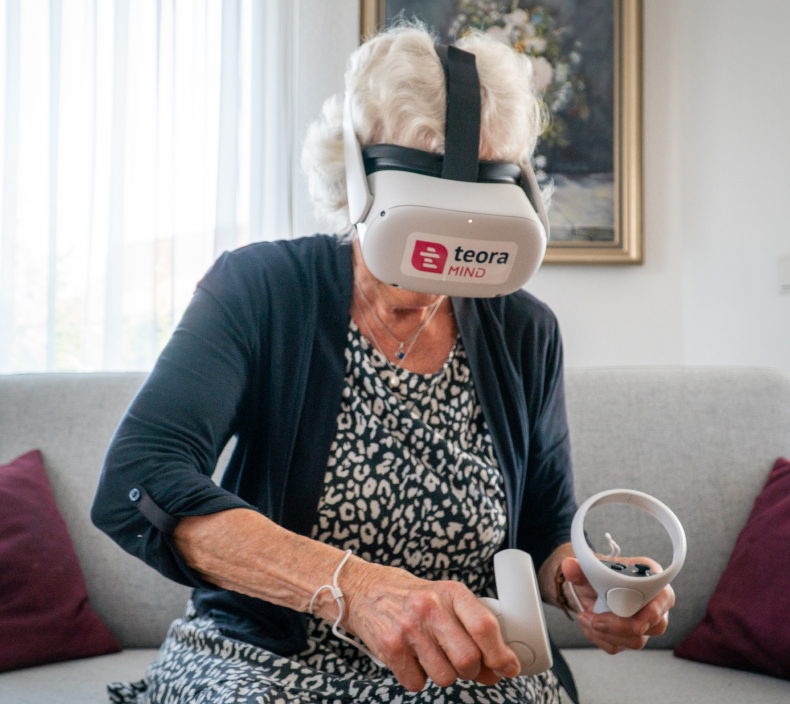
Everyday cognitive neurorehabilitation
Train cognitive skills in a playful and safe way in virtual reality using exercises that are close to everyday life.
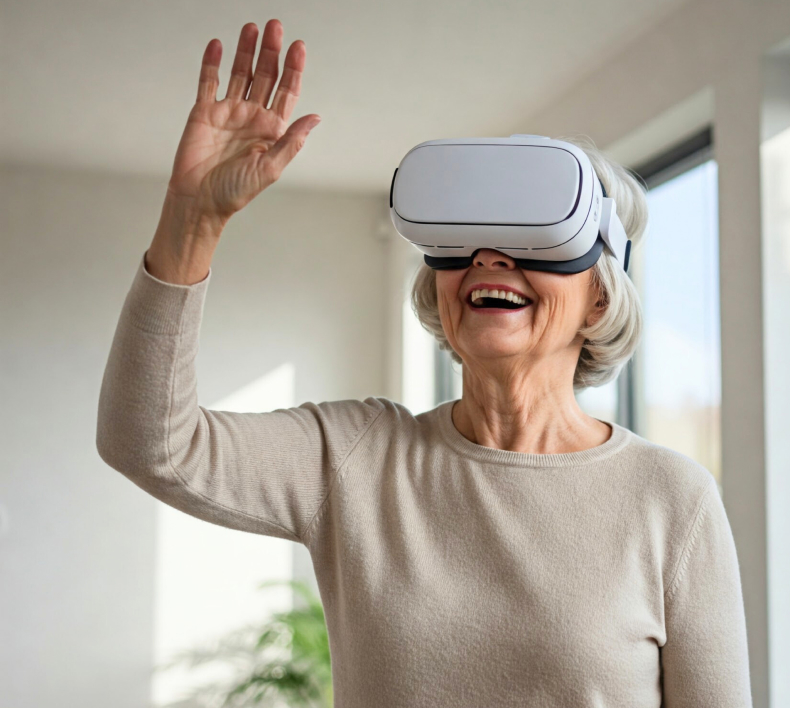
Motor skills training
Playful exercises provide greater motivation when training the upper extremities.
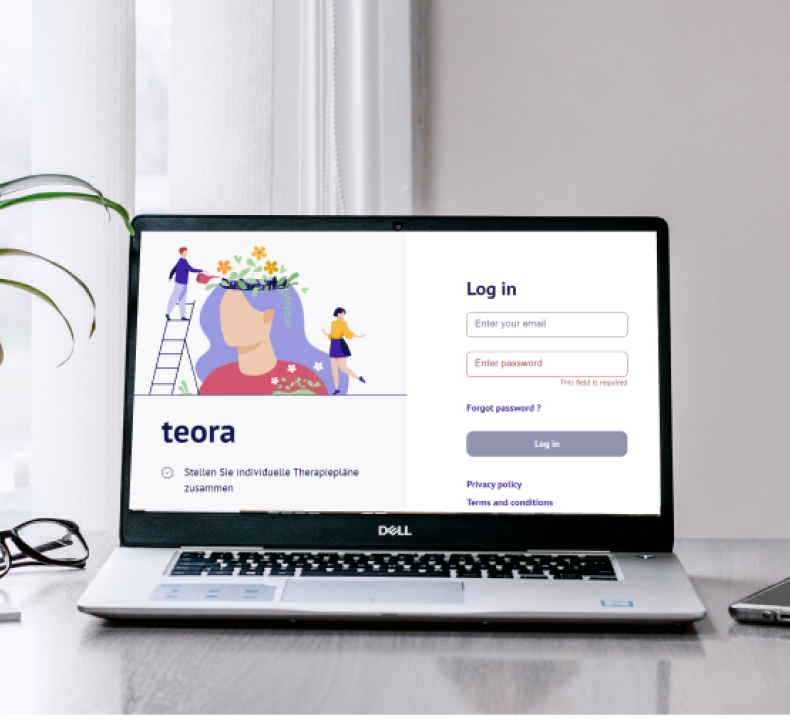
Digital therapy support
Reduce the amount of manual documentation and care for your patients remotely.
We work scientifically
The basis of our product development lies in scientific research. We are guided by current research findings and conduct our own studies. In order to make our products as effective as possible, they have been developed in collaboration with patients and those affected. Further development also takes place in close cooperation.
In addition, we use a certified quality management system (DIN EN ISO 13485). As a result, we are committed to the highest quality standards.
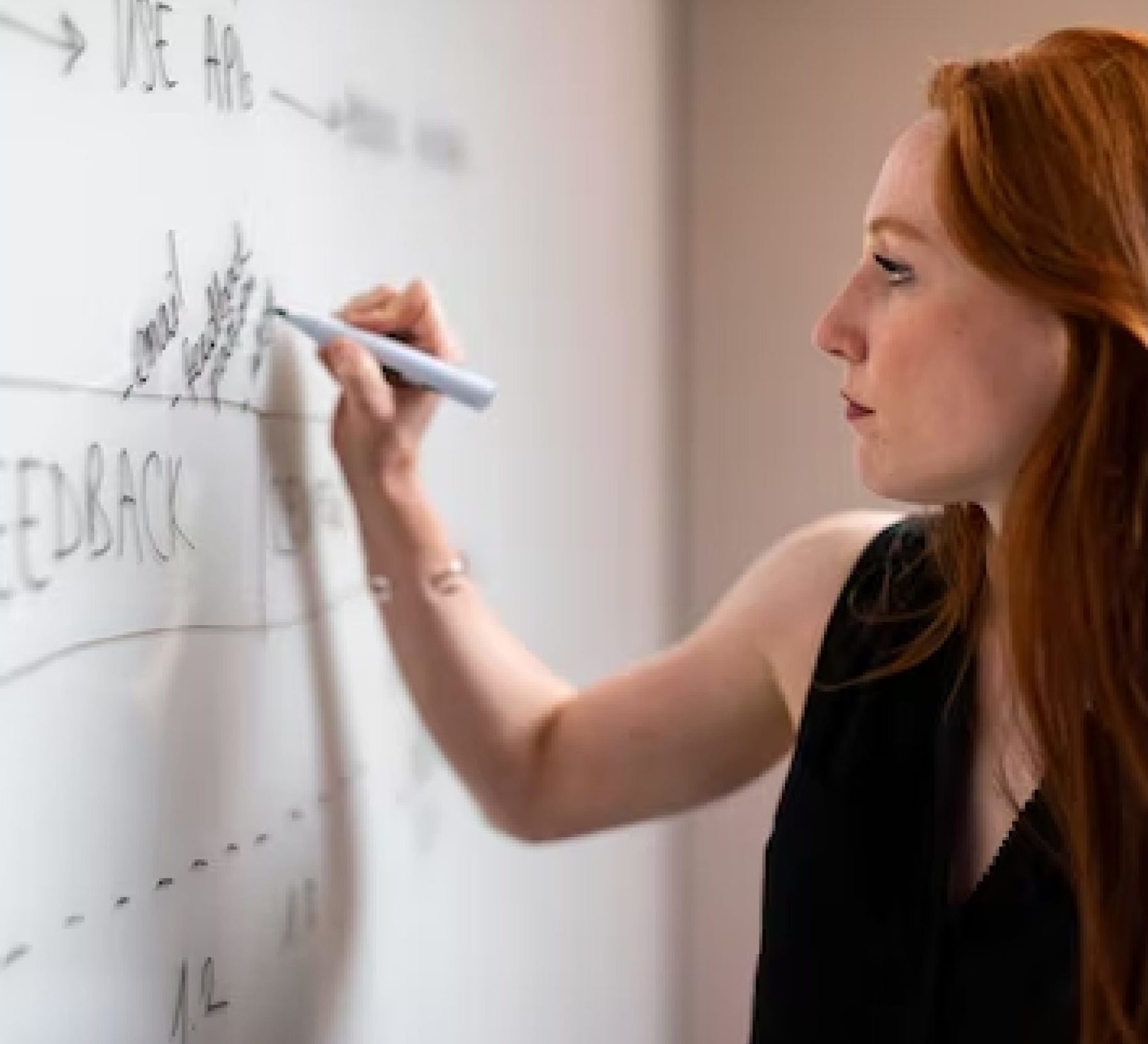
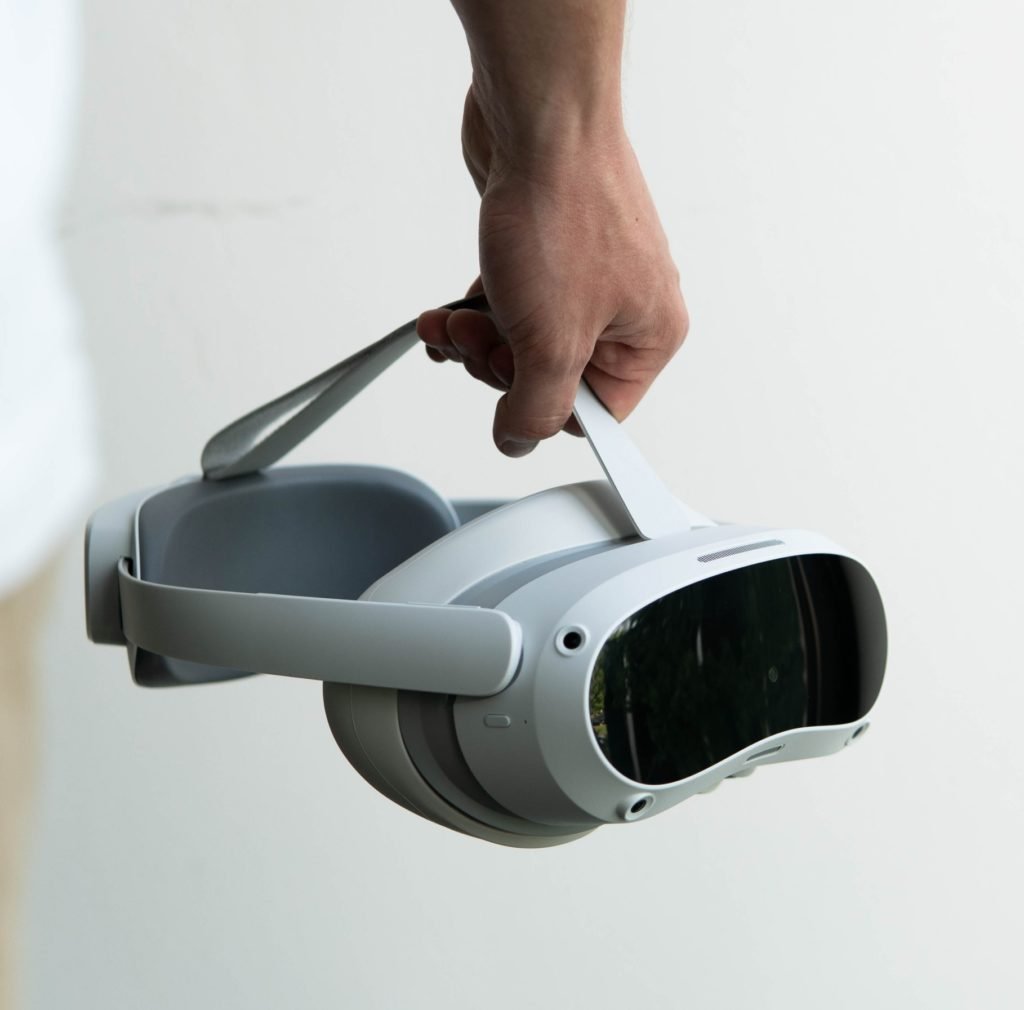
Virtual reality as the basis of our products
The foundation of teora products is virtual reality (VR). This technology makes it possible to create an immersive therapy environment. Users have the impression that they are actually in the virtual environment and that it is real. We use this effect in cognitive training to create lifelike everyday scenarios in which, for example, coffee is being made. This makes it easier to transfer what has been learned into everyday life. At the same time, potential sources of danger can be eliminated and monotonous activities that are difficult to repeat in everyday life can be retrained in a playful way.
We also follow a playful approach to motor skills. Because only those who have fun remain motivated in the long term.
Experiences with teora® mind
For us, people are at the center of everything we do. They are personal stories that encourage us on our way. One story that inspired us is Frank’s.
Learn more
Life with anterograde amnesia
Frank, a 49-year-old family man and husband, suffered cardiac arrest during a routine procedure. Since then, he has suffered from anterograde amnesia. This means that it is no longer possible for him to remember new things. Even important emotional experiences are quickly forgotten. His brain tries again and again to make sense of his environment. This requires a lot of energy and drains the attention span. Frank can’t take on anything anymore. He cannot plan anything for the future. An ever-widening gap in his identity emerges. Between who he used to be and who he is now. Although new things are permanently present in everyday life, they no longer become part of his personality. For Frank, time stood still before his surgery.
His treating neuropsychologist Helene Schwarz reported, “Since he doesn’t feel sick, it’s especially hard to motivate him. Doing brain performance training doesn’t fit with his self-image. Frank would need individual neuropsychological therapy, but outpatient care is poor. Neuropsychologists are few and far between. Some health insurers don’t even know that this specialty exists. Nor do they know what can be accomplished here. Frank’s training potential is thus not being exploited, and if he does not train, his cognitive performance will continue to decline. In addition, he rarely has a sense of achievement. Although he cannot remember failures, it can be observed that he is no longer the cheerful person he used to be. He is becoming more and more listless. The family suffers greatly as a result.”
Frank’s experience with teora mind
“VR goggles were a completely new experience for Frank. He’s usually skeptical of computer-based training.” Nevertheless, Helene Schwarz decided to use teora mind in his therapy. “We didn’t think he would be able to handle the operation. We thought he would be overwhelmed with the new environment and take the glasses off right away. But the opposite was the case: Frank had enormous fun trying out the virtual world. He coped well and was very focused – “like being in a tunnel. He is otherwise extremely distractible. The application required attention and memory skills on the one hand and action planning on the other. We have rarely seen him so motivated since the illness. He was so happy to feel a sense of achievement, proud to have completed the level. He would have loved to keep playing.”